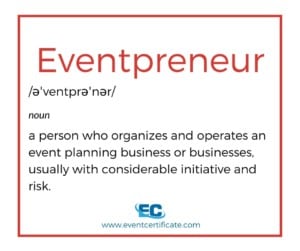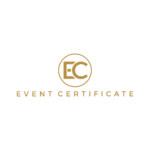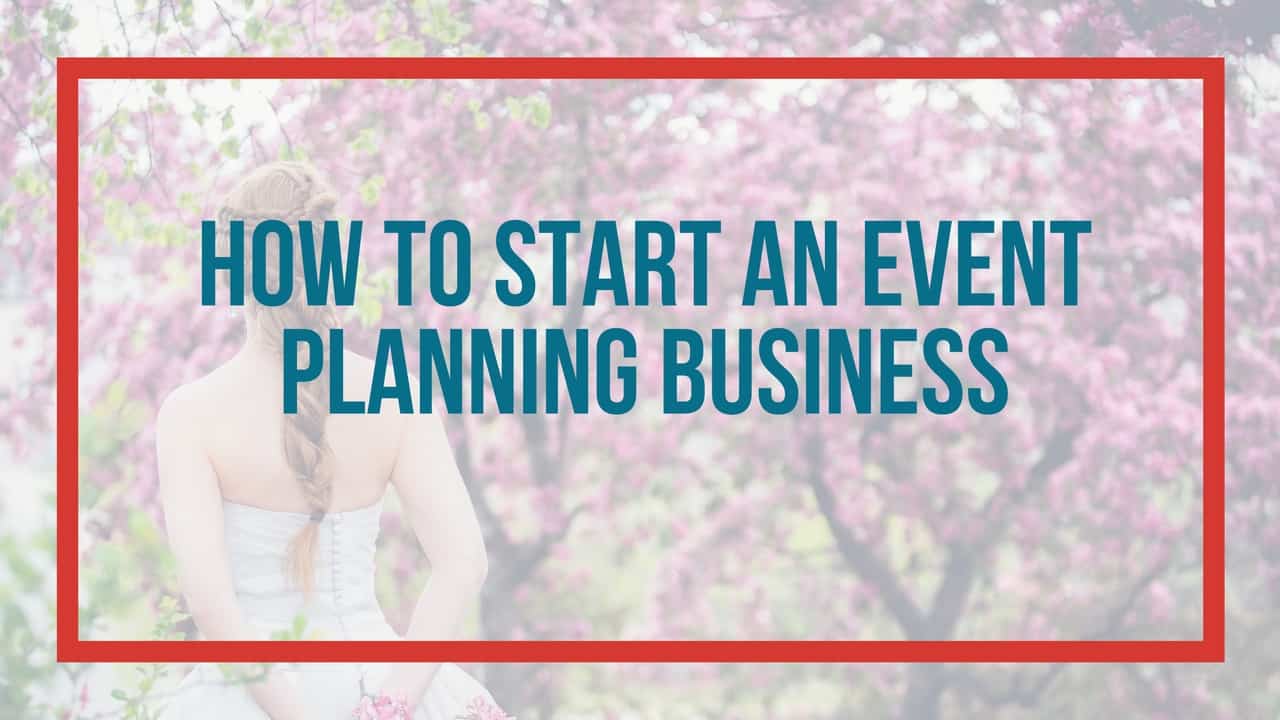Dreaming of launching your event planning business from the comfort of your home or while at your 9-5 job?
Perhaps you’ve been planning events for several years for your family and friends and you are now ready to start planning for paying clients. Time to turn your passion into profit. Below are important steps you will need to follow to successfully start an event planning business:
1. Research your market and find your ideal client
When you start an event planning business it is very much like buying a house: You will need to do some research before taking the big plunge and conducting your market research is just an orderly way of learning about the people who will be buying from you or might buy from you. Essentially you want to figure out if there’s demand for your service. Doing your due diligence can mean the difference between success and failure, and it doesn’t have to cost you a penny.
2. Create a Business Plan
Why do you need a business plan? Simply, A business plan is a written description of your business future. This is a document that essentially summarizes what you plan to do and how you plan to do it. Business plans are critical for your mapping out your plan of action. This plan will help you to clarify the direction of your business before you get started, outline your future vision, determine your financial starting point and requirements, and places you in a position to better manage your company.
3. Register your business
You will need to secure your business name legally and make your business operations official. This is an important step for setting yourself up as a serious, trustworthy and professional service provider. This is also the time to think about what type of business structure you would like to have. Will this be a sole proprietorship or will you be working with a partner? These are just some questions to think about as you go about registering your business. Having a registered business will essentially make this legitimate.

4. Setup your business structures
It is highly recommended that you put essential business structures in place before taking on a client. These include obtaining naming your business, event insurance, setting up a business bank account and speaking with a lawyer to ensure that your contracts and legal documents are suitable for your business.
- Download our business naming worksheet
- See our tips for choosing the best lawyer for your event planning business
- Learn how to hire an accountant for your event planning business
5. Establish your event planning fee structure
Pricing is a struggle for most new event planners. Determining your pricing structure, particularly when you are just starting out, can be quite difficult. When I started planning events it was mainly for family and friends and I charged $0 (that’s right, not even for supplies!). Once I started planning events for clients I was even more clueless as to what my pricing should be, and I seriously undercharged for my services in an effort to not lose clients. How can you avoid this?
6. Enrol in an event planning course/program
As the field of Event Planning becomes more established as a professional career, it has also become more competitive for event planners. In the past, there was never a demand for event planners to have both event planning courses and proven design skills. However, we have seen a great deal of change in this area, as companies and even private clients, will often seek out planners with not only an impressive portfolio but also some form of training and/or certification that proves their skills and professionalism.
Also, check out my free training on How to Start your Event Planning Business from home:
7. Volunteer to gain experience
Knowing what to do is the first step, but knowing how to do it is the second. Volunteering provides you with the skills and experience you need to impress your clients. This is a great way to build your portfolio when you are new to the industry with o experience. Check out your local non-profit organizations and offer your services for free to get started.
8. Promote your event planning business
Now that have written your business plan and know what you charge for your services, the next step is to develop your branding materials and begin marketing your business. A brand identity such as a logo, website, and business card will place you on the map! So take the time to implement this. Your brand identity doesn’t have to be perfect before starting your promotion, but it helps to have your structures in place.



